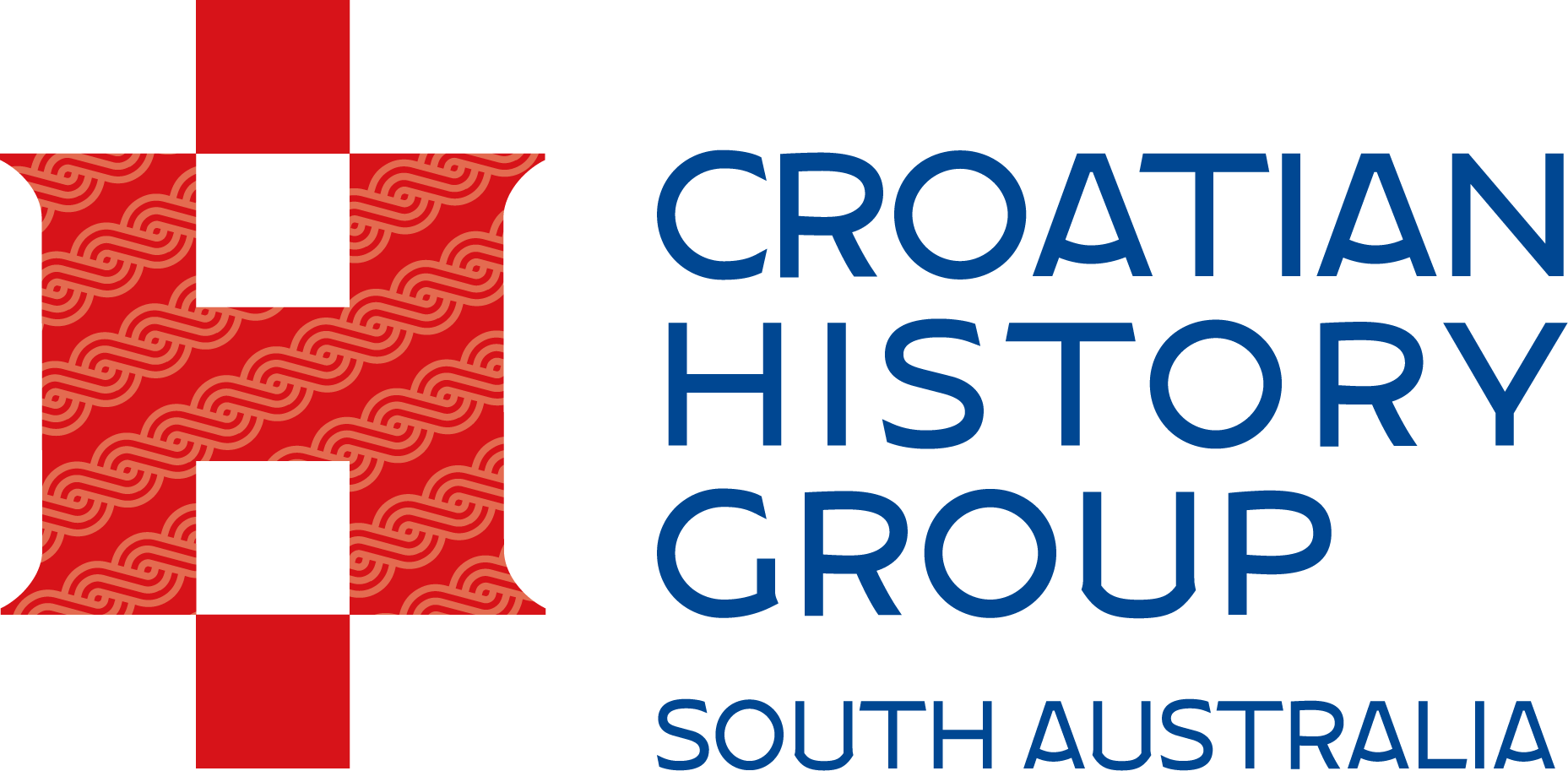Marko Putrić
Marko Putrić was a skilled mechanic and early leader of The Croatian Club Adelaide, contributing to both community building and Australia's postwar workforce.

Quick Facts
Biography
Putrić, Marko
Skilled Mechanic. (Topusko, Croatia, April 25, 1918 – Adelaide, October 25, 1966).
Learned the trade of locksmithing through practical training while employed at a local blacksmith. In June 1941, as a Croatian Home Guard Corporal he was reassigned to the motor transport section to the Croatian State Railways in Zagreb. By January 1944 he was serving with the 5th Croatian Home Guard Group, attached to the Zrakoplovno Tehnički Odjel (Air Technical Department) in Zagreb. Later that spring he was deployed to the Eastern Front as part of a Croatian ground-crew detachment assigned to joint Croatian-German air operations, where he also served as a pilot. A photograph dated 11 April 1944 at age 26, shows him in snowy conditions with fellow servicemen on the Eastern Front.
After the war he worked in Germany in the skilled metal trades in the Hannover area, and with his wife Erica and young daughter Christine (1948), emigrated to Australia on the ship skaubryn, arriving in Melbourne 2 April 1951. He served as President of the Croatian Club Adelaide in 1952 and as Executive President in 1961, with Branko Filipi as the Honorary President. In a photo from the early 1950s, he is seen delivering a prepared speech from the stage at a Croatian Club function. Also, during the 1950's, Marko's second born, Stephanie, arrived in 1952, with Katarina following in 1955 and Steve in 1959.
During the mid-1950s, he was employed at Maralinga as a mechanic, working in the field as part of British nuclear testing operations, where he undertook mechanical support duties in remote and often high-risk environments. A keen soccer player, he took to the field with a local Croatian team during the 1950s. He also played double bass and accordion in the band at Croatian community functions, contributing to the social and cultural life of the club.
Organisations
- The Croatian Club Adelaide
- Maralinga British Nuclear Test Operations
Sources
Lovoković, F. (2010). Hrvatske Zajednice u Australiji - Nastojanja i Postignuća (Central Council of Croatian Associations in Australia), p503.
Croatian Community Council of SA Inc. & Australian-Croatian Chamber of Commerce and Industry SA Inc. (1988). 1997/98 Croatian Community and Business Directory SA, p36.
Personal communication from Katarina Simpson 2025. Scanned personal wartime documentation and photos. Croatian History Room South Australia Archive.
Related Archive Items

Croatian Club Membership Card
Booklet issued by the Management of the Croatian Club Adelaide, valid from 28 August 1954. Member No...
You May Also Be Interested In
No Photo
Nikica Dušević
1934-2007
Father Nikica Dušević was a devoted Croatian Catholic priest who guided South Australia's Croatian community for over two decades as chaplai...
No Photo
Roko Romac
1905-1970
Father Roko Romac played a key role in guiding and uniting Croatian migrants in Australia through faith, community, and cultural life.

Zvonko Matošević
1955-2016
Zvonko Matošević (1955–2016) was a Croatian-trained turner who migrated to Australia in 1981 and later established his own business, Garnock...
